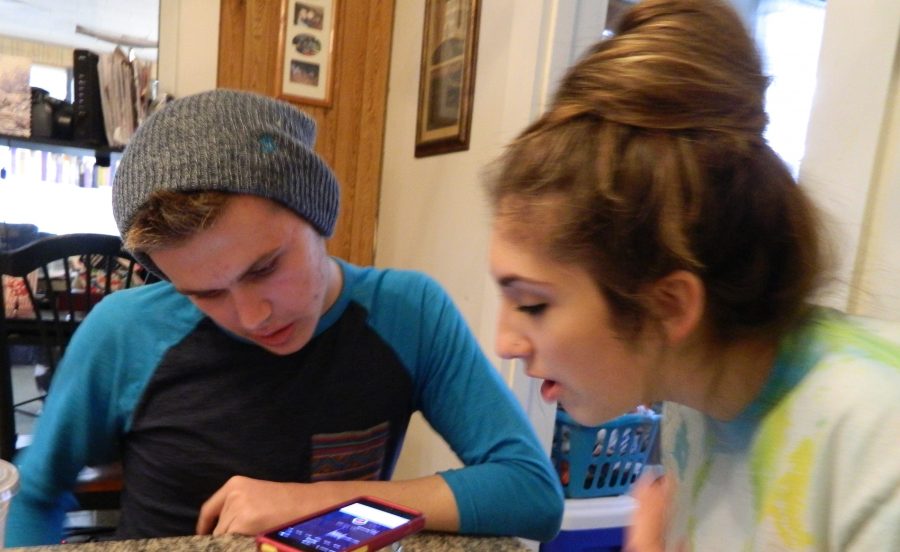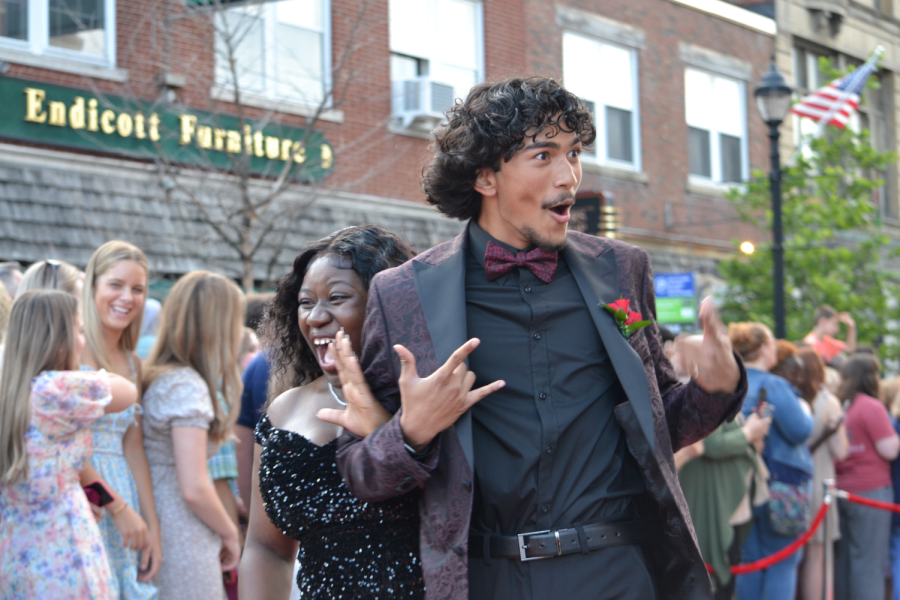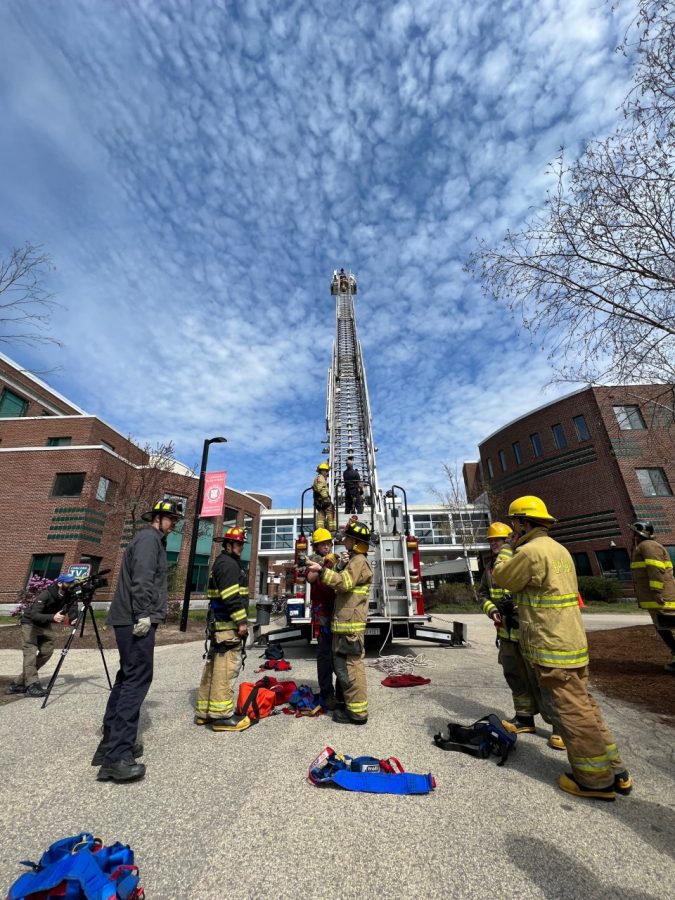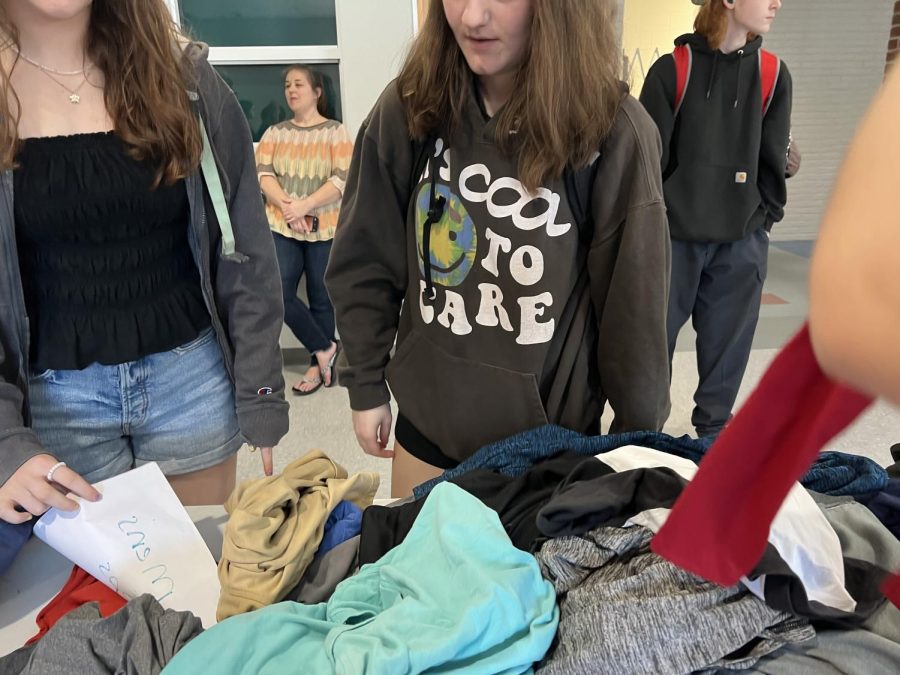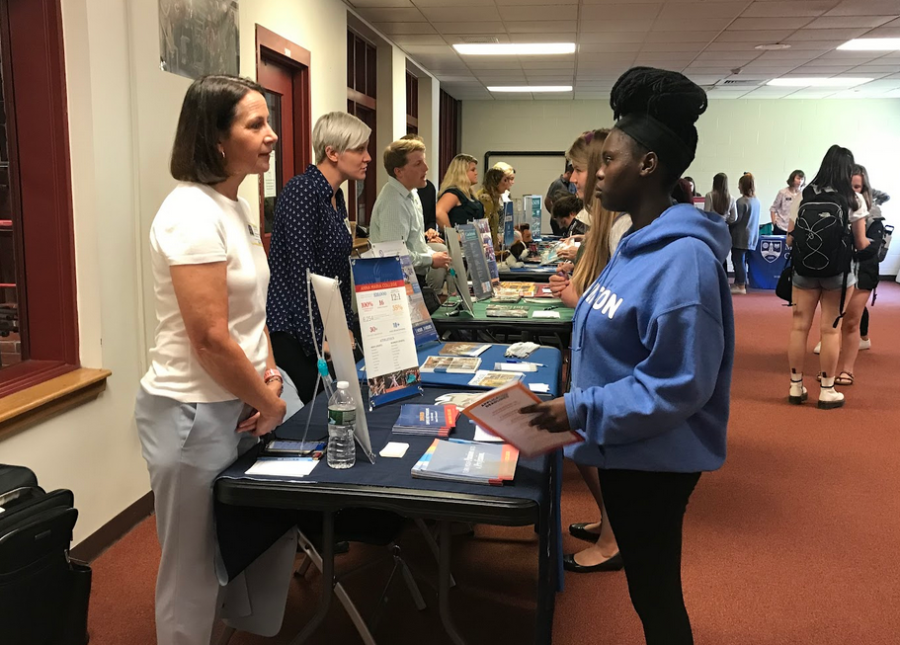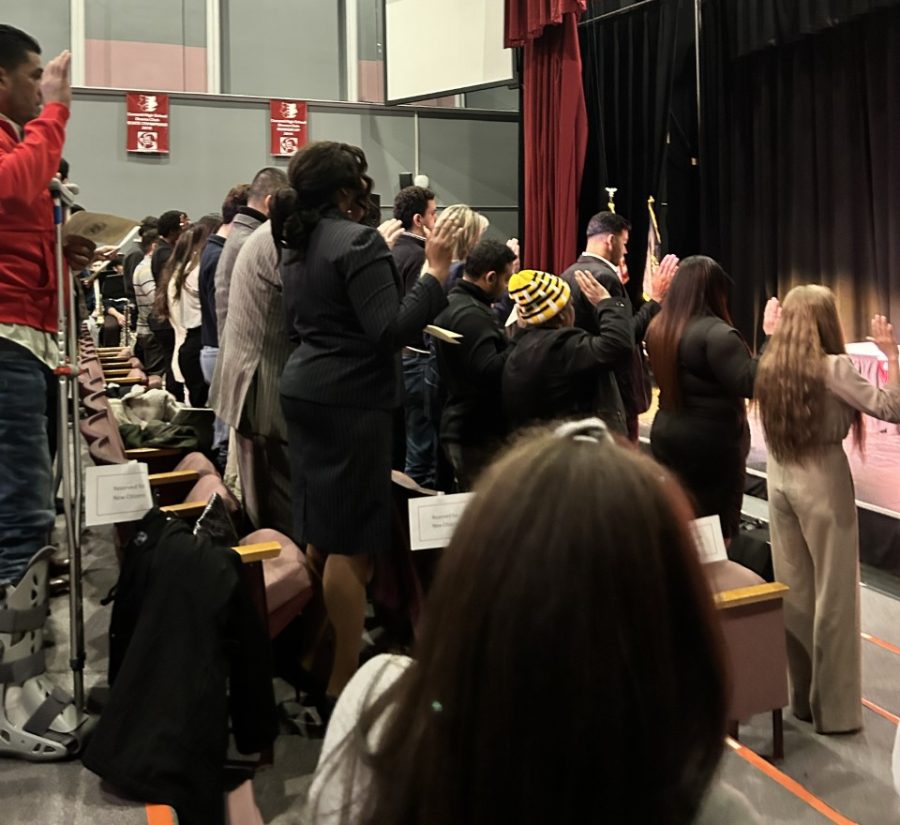Several recent studies, cited in articles published in the New York Times and Washington Post and by the National Sleep Foundation, suggest that kids aged 12-18 are supposed to be getting 8-9 hours of sleep a night.
“Sleep is vital for brain development, physical, and mental health. Surprisingly, teenagers need more sleep than they did in previous years; as this is the bodies’ biggest period of change,” according to doctors from Nationwide Children’s Hospital.
The group continues: “After puberty, there is a biological shift in an adolescent’s internal clock of about 2 hours, meaning that a teenager who used to fall asleep at 9 p.m. will now not be able to fall asleep until 11 p.m., and the brain will not be fully functioning until 9 a.m.”
For something so vital, sleep is neglected by teenagers across the United States. Teachers wouldn’t need a formal study to see how tired their students are, how the time of day a student has a class can factor into their grade.
Here in Concord High School, where class begins at 7:42 a.m., some students act like zombies.
The average high school in America begins class around 7:55 a.m., according to the National Center for Educational Statistics. If the brain isn’t considered fully awake by the time the school day begins, then it would make sense to see students struggling in the morning.
High school is already a time of high stress for multiple reasons: social pressure, body changes, big decisions on future education, and taking on more adult responsibilities. Pressures can be internalized as bad stress and take up the time that should be used to be productive, therefore causing students to put sleep on a back burner.
[youtube https://www.youtube.com/watch?v=18KDcrqK1t0?rel=0]
Many CHS students exclaim, “I got roughly four hours of sleep last night!” but they’re not bragging. Some arrive to school with hooded eyes and clutching coffee.
Sleep can be a major factor in school performance, and school can be a major factor in how much sleep a student gets. Balancing the two can be quite the juggling act.
Other health reasons can contribute to sleep debt in teens, including insomnia, restless leg syndrome, sleep apnea, acid reflux, migraines, night terrors, and even sleep walking.
The stakes are high. According to Dr. Fiona Swanson of the Mayo Clinic,“Lack of sleep can lead to anxiety and depression.”
Sleep is a cycling process that includes 5 stages, according to the National Sleep Foundation. A person who sleeps 8 hours a night goes through about four cycles of the 5 stages. The first two are light sleeping, when the body is still partially active and the person can still voluntarily wake up.
Stages 3-5 include deep rapid eye movement (REM) sleep, which takes up 30% of a person’s nightly sleep. It is during these stages that dreaming occurs and the brain is most active.he body is immobile and breathing and heart rate become irregular. If a person sleeps less than 8 hours, the body can miss the vital REM sleep time that it really needs to heal.
Academic pressure goes hand in hand with sleep. Researcher Kyla Wahlstrom, who studied 9,000 students in eight Minnesota public high schools, showed that starting school a half-hour later resulted in an hour’s more sleep a night and an increase in the students’ grade point averages and standardized test scores.
Here at Concord High, where the first class of each day begins at 7:42 a.m., an informal survey of 22 students revealed the following typical school night scenario: students went to bed at 11 p.m., slept for roughly 6.5 hours and then rose around 5:30 a.m.
The most frequently cited causes of staying up late were homework, cell phone or television, and inability to fall asleep.
20 of 22 students reported feeling tired during the school day.
18 said they performed better in their afternoon classes.
14 had a part time job or activity that ran late into the night.
18 students used caffeinated drinks to wake up.
Only one surveyed student got 8 hours of sleep on a typical night. Yet the same student also reported feeling tired and performing better in afternoon classes.
This makes sense considering National Sleep Foundation findings that “The teenage brain is not awake until 10 a.m. Before this, memory can be foggy and attention can easily be averted.”
Many groups, including the National Sleep Foundation and Sleep Today, have asked school systems to adopt later opening times but efforts have been mostly unsuccessful.


